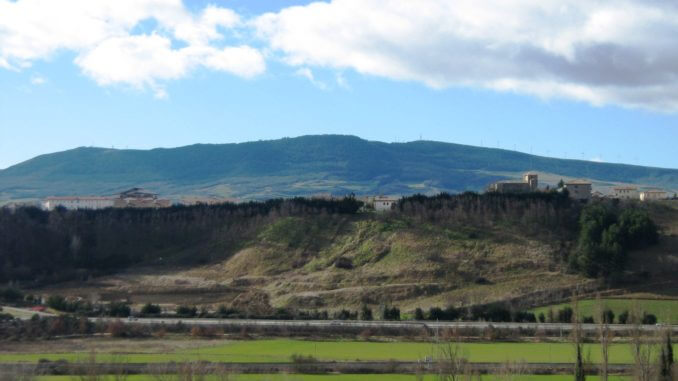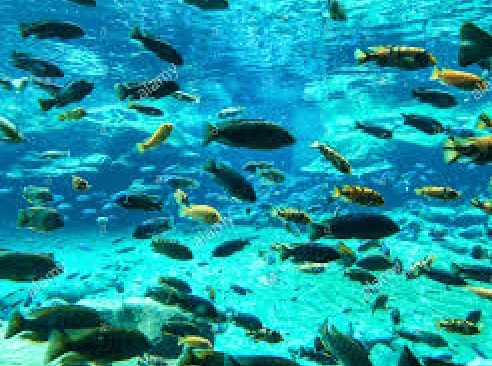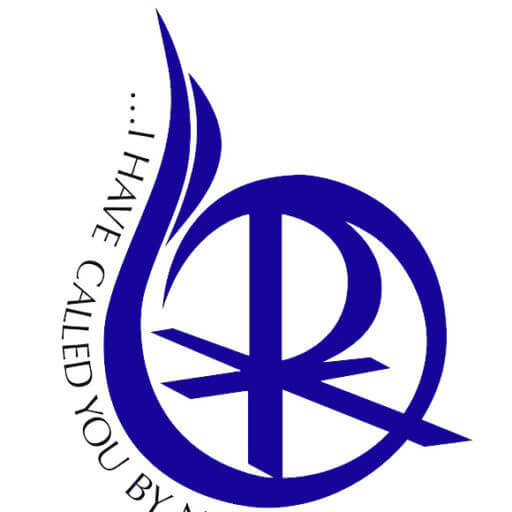
As we become increasingly aware of our relatedness with all of creation and our total dependence on it for sustaining life, we are also witnessing serious ecological crises on all fronts. Unwittingly or not, we who are so intrinsically woven into the life-giving fabric of creation are also destroying it.
In our time humans have devastated wooded plains and valleys, polluted the waters, deformed the Earth’s habitat, made the air un-breathable, upset the hydrological and atmospheric systems, blighted green spaces, implemented uncontrollable forms of industrialization, humiliating the earth, the flowerbeds that is our dwelling. These are not the words of some deluded, anti-progressive naturalist but of Pope John Paul II speaking to Catholic Christians in a 1990 New Year’s message. His words are as relevant today as they were more than two decades ago.
In 1993, a UN sponsored international monitoring group published a report, The Millennium Ecosystem Assessment, backed by 1,360 scientists from 95 countries. This report contains what the authors call “a stark warning” for the entire world. They are words that make one think and think seriously, about the future.
Human activity is putting such a strain on the natural functions of the Earth that the future ability of the planet’s ecosystems to sustain future generations of humans can no longer be taken for granted.
These dire warning cannot be cast aside as hysterical, exaggerated claims of environmentalists. The research of more than 1,300 scientists can’t be dismissed. Other scientific studies corroborate these statements with statistics, regarding the destructive impact of climate change on island nations and other species. Today, no one denies climate change on our planet, although opinion about causes may differ!
In this 21st century, disputes continue over increasing demands for fresh water, even to the point of violence and the possibility of wart. The natural right to fresh water for all is being increasingly contested by major companies. Another area of concern is the depletion and over-harvesting of fish stocks.
Fish catches are merely one percent of what they were before the advent of industrial fishing. Some species of fish have been reduced to the point of extinction. In these examples of overuse and misuse of the world’s vital resources, Americans have to be reminded that we who represent five percent of the world’s population also consume twenty-five to thirty percent of the world’s resources.

These realities are not exaggerated, nor are they meant to make us feel guilty. They are meant to make us more aware, to think, and hopefully, to act.
In light of such statistics, the reasons for caring and nurturing creation become obvious. If people like ourselves do not become more conscious of what is taking place here and now on this Earth that is our home and gives us life, who will? If we do not become more responsible and concerned about sustainable resources for the future, who will? If we as Catholics do not recognize that these environmental crises are religious concerns and give rise to moral issues that call for action, who will? If we do not take active, responsible steps in our own personal lives toward a better care for creation in the future, what kind of an environmental legacy will we leave for our children and our grandchildren? Will they bless us or curse us?
Questions for Discussion:
1. What ecological crises or problems have you recognized in your own surroundings? What steps did you take to deal with them? Were your actions effective?
2. What societal forces do you recognize that would prefer to turn a “blind eye” to environmental concerns in our society? How do you engage those who see no present problem with the health of the environment?
3.In what ways are you able to take responsible steps for the care and nurture of human and non-human creation?
